
Mark Tami joined fellow MPs and members of the House of Lords to discuss how an animal charity is supporting victim-survivors flee domestic abuse.
Cats Protection hosted a parliamentary reception to raise awareness among politicians of its Lifeline service, which provides free and confidential cat fostering to enable owners to escape domestic abuse.
The charity used the event to highlight findings revealing that 78% of domestic abuse professionals surveyed had encountered cases where cats were targeted by abusers – often to control or coerce a partner or family member and to stop them leaving.
Because most refuges are unable to take pets, cat owners face the agonising choice of remaining with their abuser or fleeing without their pet, knowing it may come to harm. Horrifyingly, the survey also revealed that 39% of domestic abuse professionals have encountered cases where a cat or kitten has been killed by a perpetrator of domestic abuse.
Mark Tami, MP for Alyn and Deeside, said:
“You wouldn’t normally make the connection between Cats Protection and helping domestic abuse victims,”
“It’s been enlightening to find out about the great work the charity does to help cat owners in abusive relationships with a partner to escape their situation.”
Cats Protection’s Lifeline Manager, Amy Hyde said:
“We were pleased to welcome so many politicians to our reception to discuss this incredibly important issue. Sadly, far too many people feel trapped living with an abuser out of fear for the safety of their pet.
“Perpetrators of domestic abuse will use their partner or family member’s love for their cat as a tool to coerce and control them. We’ve worked on cases where a perpetrator has physically abused the cat as well as controlling the owner’s access to finances and vet care, meaning that many cats are left with untreated injuries and health conditions.
“Using a beloved cat as a tool for coercive control can have a huge impact on those experiencing domestic abuse and makes it even more challenging for them to leave if they are worried about what will happen to their cat if left behind.
“This is especially the case for those who have experienced economic abuse and are financially dependent on the perpetrator, as well as those who have been isolated from friends and family and have limited other options to keep their cat safe.”
Cats Protection is the UK’s leading feline welfare charity and has helped an average of 157,000 cats and kittens a year over the last five years through its national network of 210 volunteer-run branches and 34 centres.
Details of how to access Cats Protection’s Lifeline service can be found at:
http://www.cats.org.uk/what-we-do/cp-lifeline/accessing-lifeline

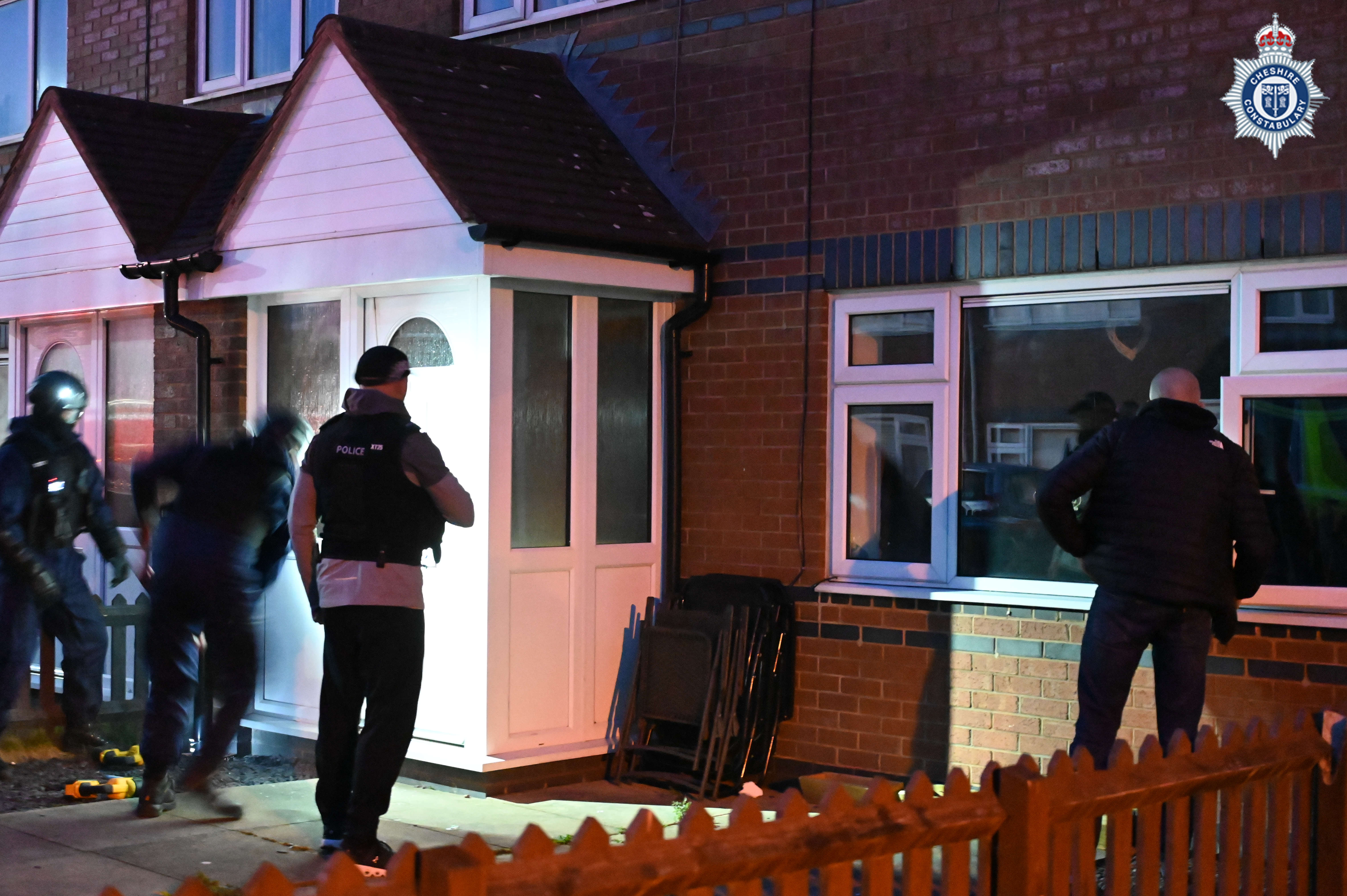 Ten arrested for drugs offences following warrants in Chester
Ten arrested for drugs offences following warrants in Chester
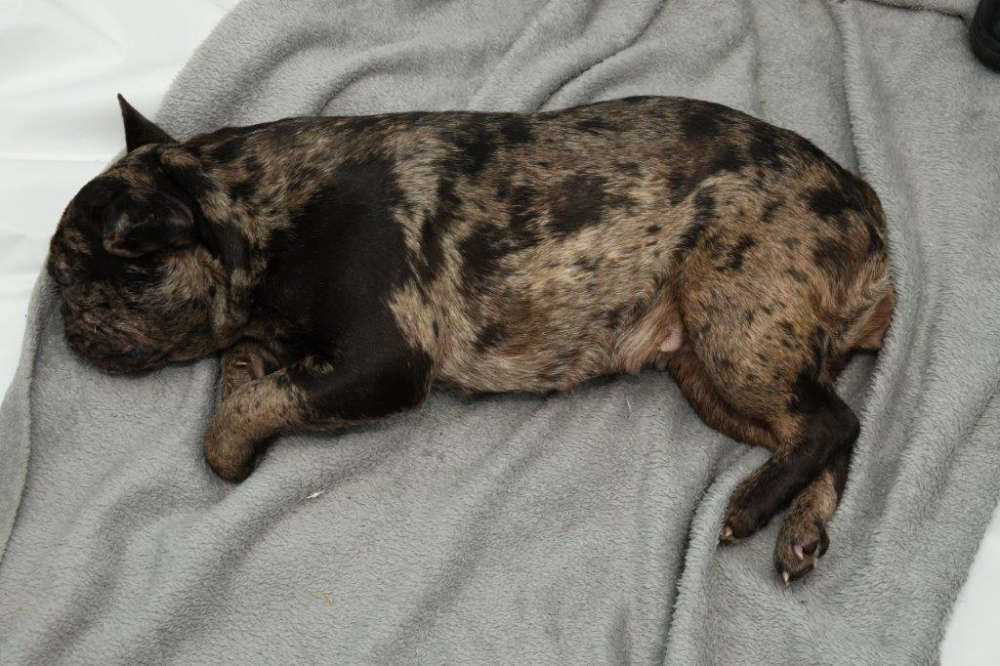 Suspended prison sentence and indefinite ban for Cheshire man who abused his dog
Suspended prison sentence and indefinite ban for Cheshire man who abused his dog
 Recovered Stolen Items
Recovered Stolen Items
 Man charged in relation to courier fraud
Man charged in relation to courier fraud
 Police to target criminal use of Cheshire’s roads
Police to target criminal use of Cheshire’s roads
 Appeal for help in tracing wanted Ellesmere Port man
Appeal for help in tracing wanted Ellesmere Port man
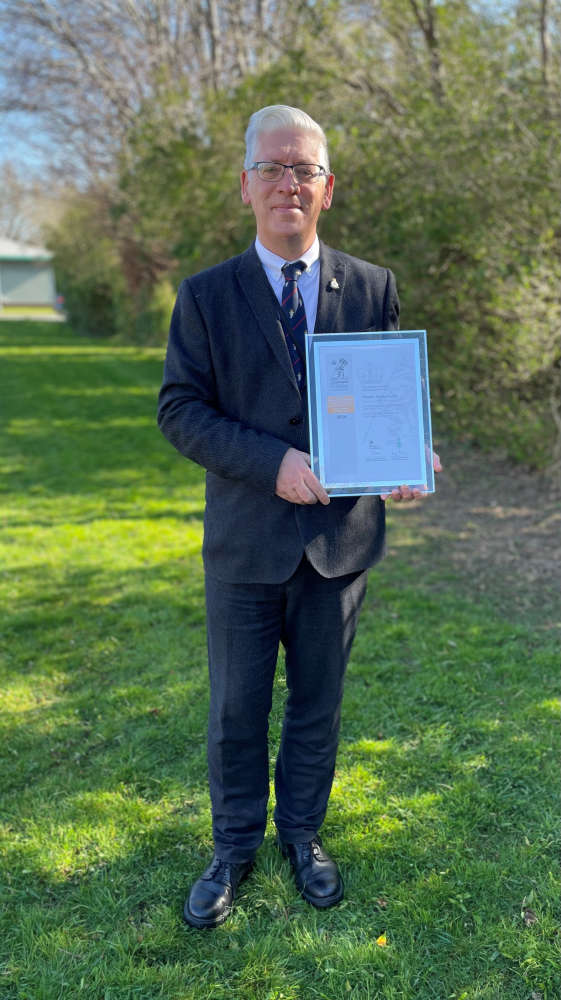 Council awarded Gold Armed Forces Award
Council awarded Gold Armed Forces Award
 Appeal for footage and witnesses following collision in Delamere
Appeal for footage and witnesses following collision in Delamere
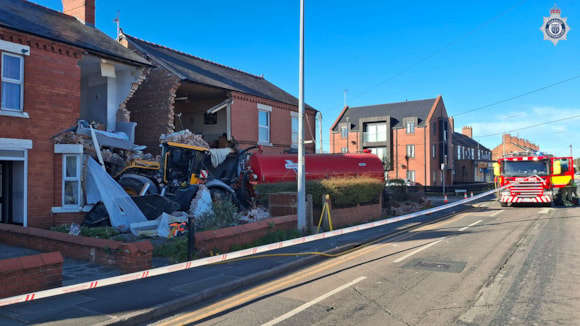 Appeal for information following serious collision in Chester
Appeal for information following serious collision in Chester
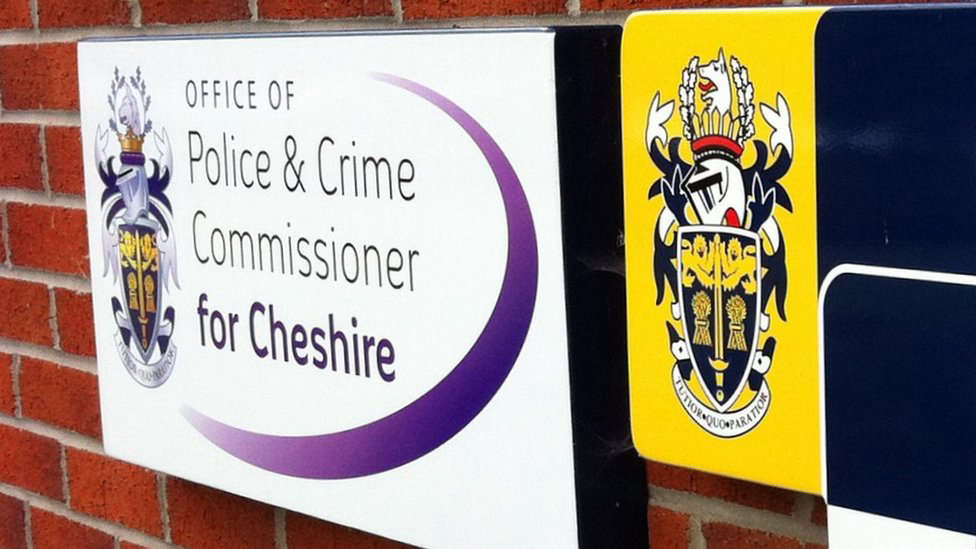 Your chance to get involved in police scrutiny meetings
Your chance to get involved in police scrutiny meetings
 New Events at Jodrell Bank
New Events at Jodrell Bank
 Inspiring Futures at The Queen’s School
Inspiring Futures at The Queen’s School
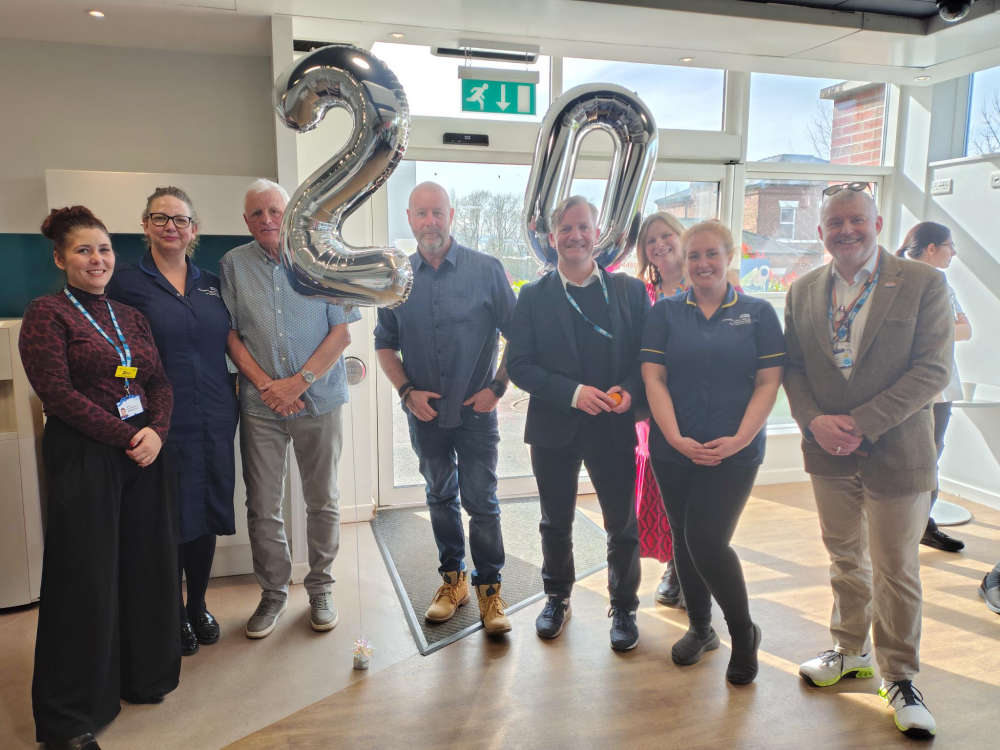 Bowmere Hospital celebrates 20 years of mental health care
Bowmere Hospital celebrates 20 years of mental health care
 Man charged with burglary and drug offences following Chester police stop check
Man charged with burglary and drug offences following Chester police stop check
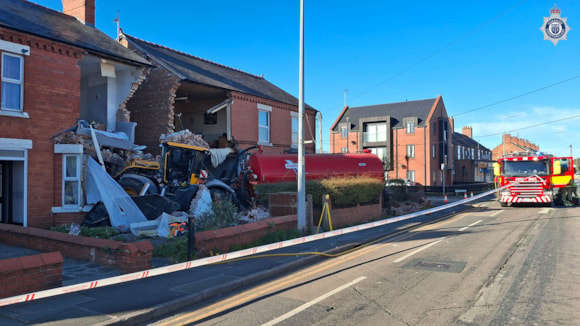 Vicars Cross Road closed following collision in Chester
Vicars Cross Road closed following collision in Chester
 Man jailed for controlling and coercive behaviour and assault
Man jailed for controlling and coercive behaviour and assault
 Plan unveiled to transform and improve emergency care at Countess of Chester Hospital
Plan unveiled to transform and improve emergency care at Countess of Chester Hospital
 Chester & Wirral Football League - Weekend Round Up
Chester & Wirral Football League - Weekend Round Up
 Ladbrokes returns to Chester Racecourse
Ladbrokes returns to Chester Racecourse
 Blues Match Report: Chester FC 1 - 1 Curzon Ashton
Blues Match Report: Chester FC 1 - 1 Curzon Ashton
Comments
Add a comment